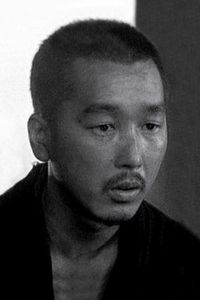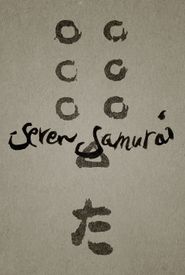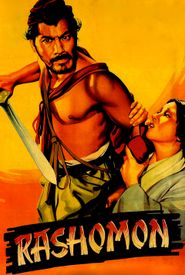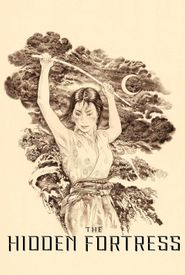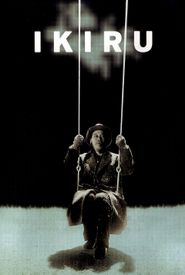Japanese character actor, equally skilled at portraying comedic or seriously unsavory roles, Chiaki graduated from the University of Chuo with degrees in economics and commerce, but his true passion lay with the theatre. In 1937, he began to hone his craft with the Shin-Tsukiji Gekidan, a renowned theatre troupe. During World War II, Chiaki served as director of the Bara-Za theatre company, where he developed his leadership skills and further refined his acting abilities.
After the war, Chiaki's career in film began to take off, thanks in part to the guidance of the illustrious director Akira Kurosawa. Kurosawa, who had seen Chiaki in a stage production of the play "Dataii," advised him to pursue a career in cinema. Chiaki went on to become a favorite of Kurosawa's, starring in over a dozen films, including the critically acclaimed "Stray Dog" (1949) and "Seven Samurai" (1954). In the latter, Chiaki played the lovable and good-natured Heihachi, a role that showcased his impressive range as an actor.
Chiaki's comedic skills were also on full display in "Kakushi toride no san akunin" (1958),where he played the memorable character of Tahei, a bumbling deserter. Despite his success, Chiaki's life took a dramatic turn in 1975 when he suffered a stroke. However, he made a remarkable recovery and continued to act, ultimately winning the Japan Academy Award for Best Actor in "Hana ichimonme" (1985).
Sadly, Chiaki was the last surviving member of Kurosawa's "Seven Samurai" title players. He passed away in 1999 due to complications from coronary and pulmonary failure, leaving behind a legacy as one of Japan's most beloved and respected character actors.
